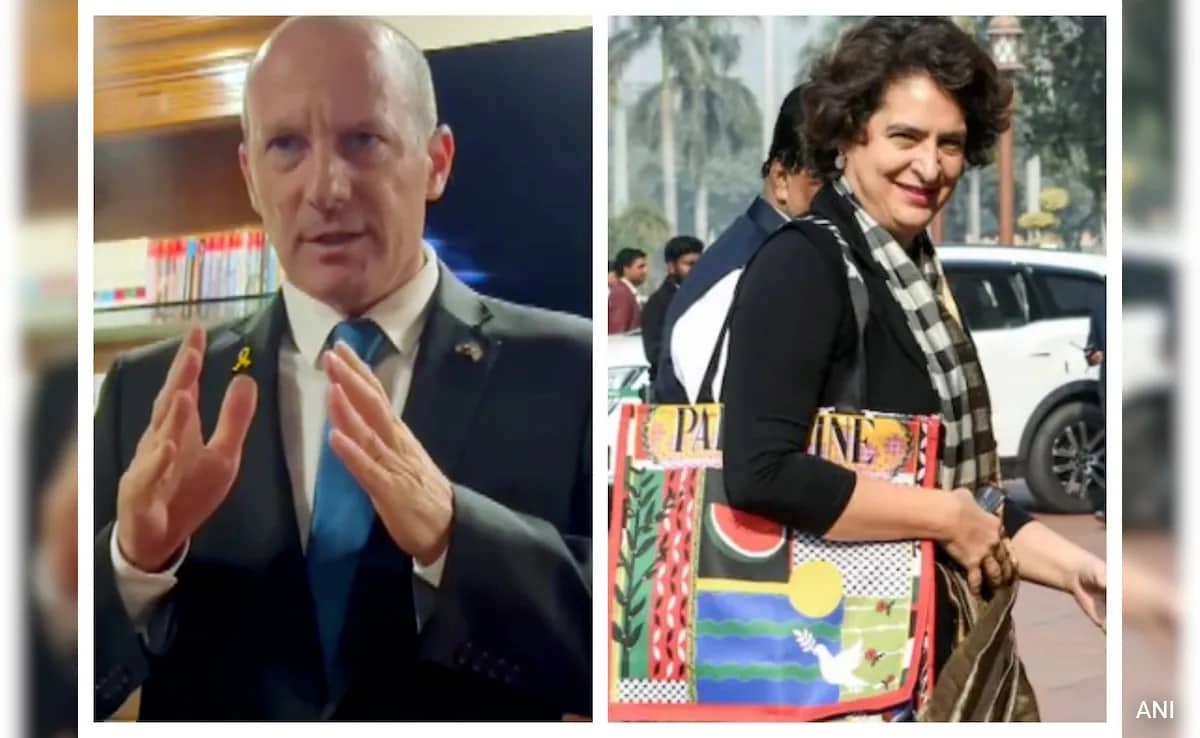The ongoing debate surrounding freedom of speech in Israel has gained renewed attention following the recent clash between Congress leader Priyanka Gandhi and Israeli authorities. This controversy arises from remarks Gandhi made regarding the human rights situation in Gaza, which have sparked a heated discussion on the limits of free expression, particularly when it comes to political discourse that may be perceived as critical of state actions. The Israeli government has been known to take a firm stance on any statements that could be interpreted as delegitimizing its policies, particularly in relation to its handling of the Palestinian issue. This has led many to question whether freedom of speech in Israel is subject to restrictive regulations, especially when foreign dignitaries or political figures express opinions that challenge the official narrative.
The involvement of the Indian Congress party in this matter highlights the complexities of international relations and the delicate balance between advocating for human rights and maintaining diplomatic ties. Priyanka Gandhi’s comments, which were intended to shed light on the humanitarian crisis in Gaza, have raised concerns about the repercussions of speaking out against state policies. Critics argue that such responses from the Israeli government may indicate a broader trend of suppressing dissenting voices, even from allies. Advocacy for human rights often entails scrutinizing the actions of governments, and this incident underscores the potential risks that come with that scrutiny, especially in politically charged contexts.
Furthermore, this incident presents an opportunity for a broader dialogue on the implications of free speech in international politics. While nations often uphold the principle of free expression, the reality is that geopolitical considerations can shape the extent to which such freedoms are exercised and protected. The reaction to Gandhi’s remarks could serve as a case study in how freedom of speech is navigated within the frameworks of international diplomacy and national security. As global citizens become more engaged in discussions surrounding human rights, the expectations of accountability and transparency from governments are likely to intensify. This incident, therefore, not only highlights the challenges associated with freedom of speech but also calls attention to the responsibilities that come with exercising that freedom in a global context.




